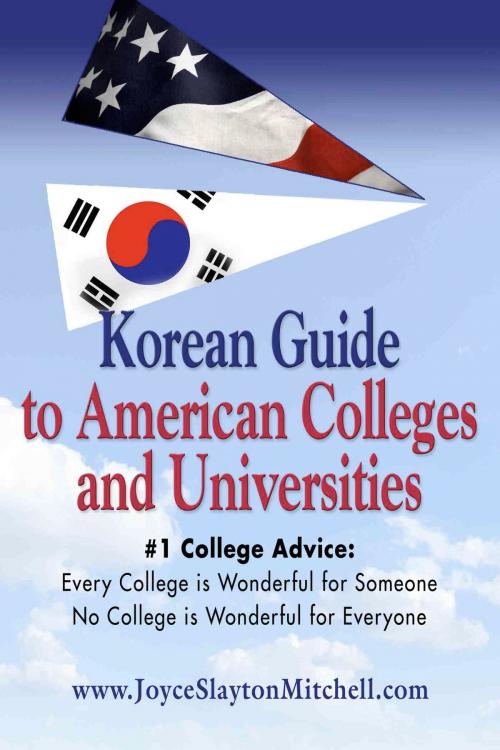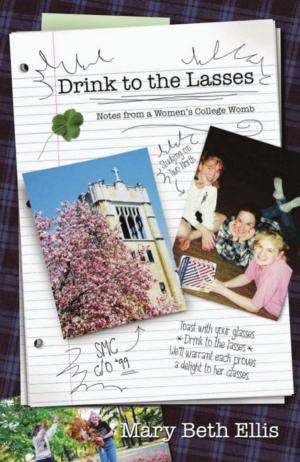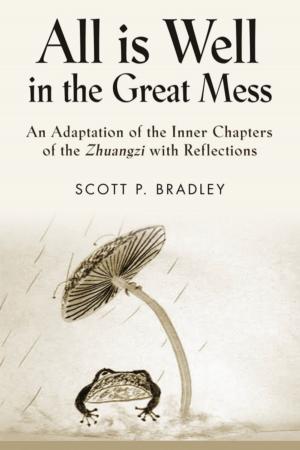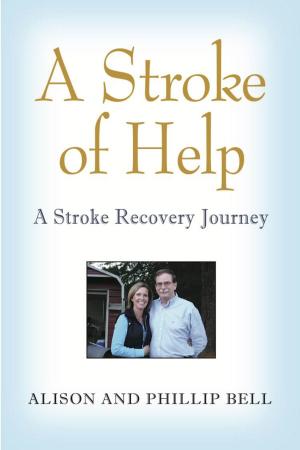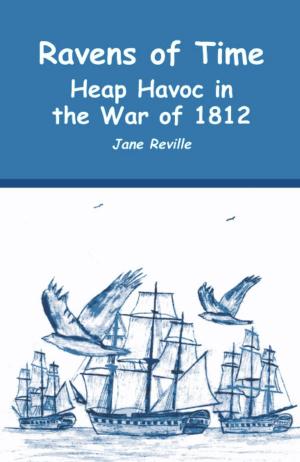Korean Guide to American Colleges and Universities
Nonfiction, Reference & Language, Education & Teaching, Higher Education| Author: | Joyce Slayton Mitchell | ISBN: | 9781621416418 |
| Publisher: | BookLocker.com, Inc. | Publication: | November 16, 2012 |
| Imprint: | Language: | English |
| Author: | Joyce Slayton Mitchell |
| ISBN: | 9781621416418 |
| Publisher: | BookLocker.com, Inc. |
| Publication: | November 16, 2012 |
| Imprint: | |
| Language: | English |
The Korean Guide to American Colleges and Universities is the first and only book to instruct the Koreans about how to get into American colleges and universities. This book encompasses: 1) the strategies for winning college admissions, 2) the process for getting a U.S. student visa and financial aid, and 3) a description of 150 American colleges and universities. The first chapters build on the foundations of the college admissions process as described in Mitchell’s best-seller Ebook, 8 First Choices: An Experts Strategies for Getting Into College. Next is a section describing how to apply for a USA visa and the facts that Korean have to know about international financial aid. The Korean Guide to American Colleges and Universities concludes with a description of 150+ colleges and universities to include the 40 colleges who admit the most number of international students, the 100 colleges who give the greatest financial aid to international students, and the top 100 ranked by the U.S. News and World Report.
American college admissions is much different than anywhere else in the world. Unlike England’s Oxford, France’s Ecole Normale Supérieure, or China’s Peking University, American college deans want to know who the person is behind his test scores. What kind of character does he have? What will she bring to the college community? How will he fit in with the other students? A student’s character is not measured by a set of SAT test scores or a high English proficiency as measured by the IELTS or TOEFL on which the Korean students do so well. It is measured by how the student writes about himself and what he can contribute to the particular campus life where he hopes to be admitted. The application will be different if the student is applying to Harvard or the University of Pennsylvania, to Pomona or Stanford. It will be different if the student is looking at the University of Hawaii, Vassar, or Wesleyan. The mission of The Korean Guide to American Colleges and Universities is to develop strategies necessary for Korean students to get into American colleges. These strategies will focus on how to present themselves outside of the Korean stereotype of top testing ability. For example, how to describe how they think differently from their classmates, and how to understand the various campus cultures of American colleges and universities in order to describe the match or fit between themselves and the campus culture. Mitchell works with hundreds of college admissions deans and has learned from Stanford University and Amherst College that all of the Korean applicants had high testing, but very few of them wrote interesting life stories, and fewer still could say why they wanted to go to Amherst or to Stanford, or what they would bring to the college community. The 8% accepted international students out of 2000 applicants at Stanford, and at Amherst College for next fall were all accepted because of their life stories and because they knew what student life is like at Stanford and at Amherst.
The Korean Guide to American Colleges and Universities is the first and only book to instruct the Koreans about how to get into American colleges and universities. This book encompasses: 1) the strategies for winning college admissions, 2) the process for getting a U.S. student visa and financial aid, and 3) a description of 150 American colleges and universities. The first chapters build on the foundations of the college admissions process as described in Mitchell’s best-seller Ebook, 8 First Choices: An Experts Strategies for Getting Into College. Next is a section describing how to apply for a USA visa and the facts that Korean have to know about international financial aid. The Korean Guide to American Colleges and Universities concludes with a description of 150+ colleges and universities to include the 40 colleges who admit the most number of international students, the 100 colleges who give the greatest financial aid to international students, and the top 100 ranked by the U.S. News and World Report.
American college admissions is much different than anywhere else in the world. Unlike England’s Oxford, France’s Ecole Normale Supérieure, or China’s Peking University, American college deans want to know who the person is behind his test scores. What kind of character does he have? What will she bring to the college community? How will he fit in with the other students? A student’s character is not measured by a set of SAT test scores or a high English proficiency as measured by the IELTS or TOEFL on which the Korean students do so well. It is measured by how the student writes about himself and what he can contribute to the particular campus life where he hopes to be admitted. The application will be different if the student is applying to Harvard or the University of Pennsylvania, to Pomona or Stanford. It will be different if the student is looking at the University of Hawaii, Vassar, or Wesleyan. The mission of The Korean Guide to American Colleges and Universities is to develop strategies necessary for Korean students to get into American colleges. These strategies will focus on how to present themselves outside of the Korean stereotype of top testing ability. For example, how to describe how they think differently from their classmates, and how to understand the various campus cultures of American colleges and universities in order to describe the match or fit between themselves and the campus culture. Mitchell works with hundreds of college admissions deans and has learned from Stanford University and Amherst College that all of the Korean applicants had high testing, but very few of them wrote interesting life stories, and fewer still could say why they wanted to go to Amherst or to Stanford, or what they would bring to the college community. The 8% accepted international students out of 2000 applicants at Stanford, and at Amherst College for next fall were all accepted because of their life stories and because they knew what student life is like at Stanford and at Amherst.
